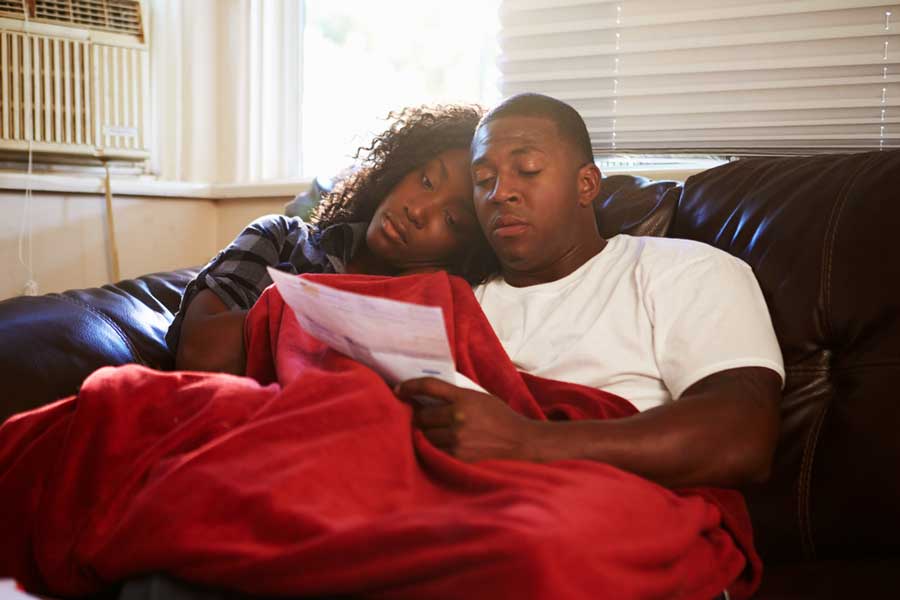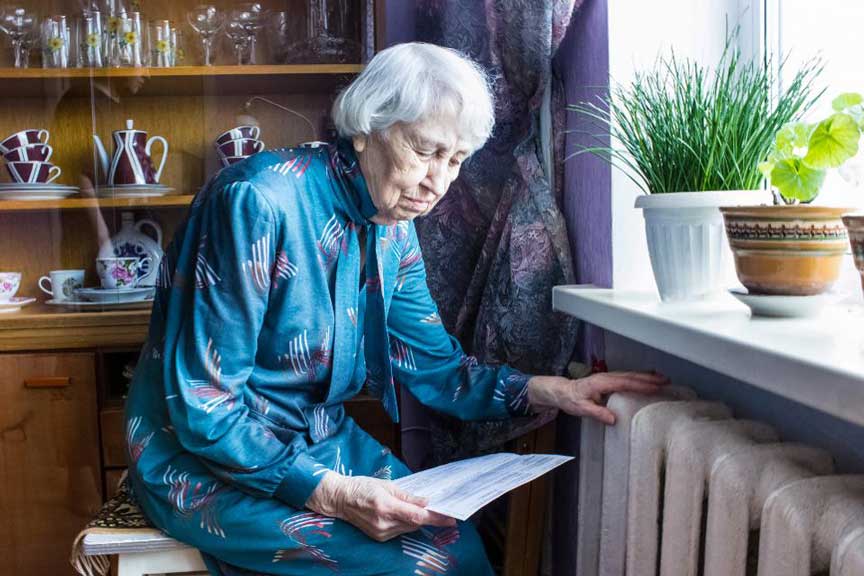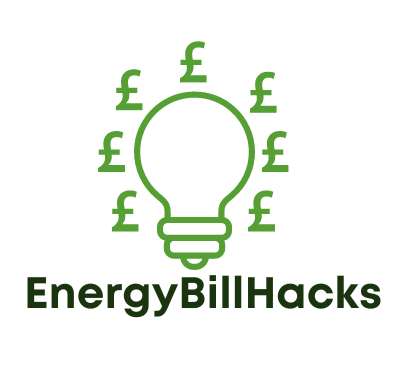Here in Part 2 we continue our look at the grants and financial assistance that are available from the government and UK energy suppliers.
To see if you qualify and help in finding out who to contact if you find yourself struggling to pay your energy bills, read on.
If you haven’t read Part 1 yet you can read it here by clicking HERE.
Contents:
6) Cost of Living Payment
To help with the recent rise in the cost of living, the government is offering financial support to people on certain benefits. If you’re a pensioner, have a disability, or you’re on income-related benefits, you should be eligible for “cost of living” support.
The three types of cost of living support are follows:
ⅰ) a cost of living payment for those on qualifying means-tested benefits
ⅱ) a disability cost of living payment for those on qualifying disability benefits
ⅲ) a pensioner cost of living payment for those who qualify for winter fuel payment
ⅰ) a Cost of Living Payment for those on qualifying means-tested benefits
To qualify for a cost of living payment based on low-income benefits or tax credits, you should be receiving one of the following benefits:
- Universal Credit
- Income-based Jobseeker’s Allowance (JSA)
- Income-related Employment and Support Allowance (ESA)
- Income Support
- Pension Credit
- Child Tax Credit
- Working Tax Credit
If you qualify, you get £650 in two instalments. The first of these instalments of £326 was paid in July and the second instalment of £324 was paid in November 2022[1] . According to the DWP, eight million households in the UK are on means-tested benefits, and most of these households that qualify for this payment have received it. Please click here to read the criteria if you believe you’re entitled to this payment but haven’t received it. If you think you qualify, please click here to report a missing cost of living payment.
ⅱ) a Disability Cost of Living Payment for those on qualifying disability benefits
This is a one-off payment of £150 for those on certain disability benefits. To qualify, you must have received or made a successful claim to one of the following benefits by
25 May 2022:
- Attendance Allowance
- Constant Attendance Allowance
- Disability Living Allowance for adults
- Disability Living Allowance for children
- Personal Independence Payment
- Adult Disability Payment (in Scotland)
- Child Disability Payment (in Scotland)
- Armed Forces Independence Payment
- War Pension Mobility Supplement

There are six million people across the UK on disability benefits. According to the DWP, the vast majority of those who qualify for this payment have received it. If you believe you’re entitled to it but haven’t received it, click here to read the criteria. If you think you qualify but haven’t received it, click here to report a missing disability cost of living payment.
ⅲ) a Pensioner Cost of Living Payment for those who qualify for Winter Fuel Payment
We will cover this part under the Winter Fuel Payment section below.
7) Winter Fuel Payment
The Winter fuel payment is a one-off annual payment to help pay for heating during winter. You should receive it automatically if you were born before 26 September 1956 and have reached the state pension age. You could get between £250 to £600. This includes a ‘Pensioner Cost of Living Payment’ of £150 to £300. This is in addition to any other Cost of Living Payments you get with your benefit or tax credits.
You should receive a letter in October or November 2022 stating how much you will get and you usually get paid in November or December 2022. If you haven’t received a letter yet or do not receive the payment by 13 January 2023, you should contact the Winter Fuel Payment Centre by email or phone on 0800 731 0160.
How much ‘Pensioner Cost of Living Payment’ can you get?
This depends on whether you live alone, with someone else who also qualifies for this payment, or in residential care.
If you live alone or with people not eligible for this payment, you’ll receive the full payment of £300. However, if you live with someone who also qualifies for this payment, then how much each of you will get depends on whether any of you receive one of the following benefits:
- Pension Credit
- Income-related ESA
- Income-based JSA
- Income Support
If either one of you receives any of these benefits, then you’ll both receive £300 each; unless the other person is your partner, in which case you’ll both receive just one payment of £300. If neither of you gets any of these benefits, you’ll receive £150 each.
If you live in a care home, you can’t receive this payment unless you receive the benefits mentioned above and lived in a care home between 27 June to 25 September 2022.

8) Cold Weather Payment
Cold weather payments (CWP) are usually made to pensioners and those on certain benefits in England and Wales after every week of very cold weather. When average temperatures in your area drop, or are forecasted to drop below 0° celsius for seven consecutive days, a payment of £25 will be made to you for each such week (between 1 November 2022 and 31 March 2023) if you receive:
- Pension Credit
- Income Support
- income-based Jobseeker’s Allowance
- income-related Employment and Support Allowance
- Universal Credit
- Support for Mortgage Interest
To read the eligibility criteria, please click here. If you’re eligible, you should receive these payments automatically. Please click here to check whether you can get a payment in your area.
If you live in Scotland, you’ll receive a ‘Winter Heating Payment (WHP)’ instead of Cold Weather Payment (CWP). The eligibility criteria for both schemes are the same. The main difference between CWP and WHP is that CWP is paid for each spell of very cold weather, whereas the WHP is a flat annual payment of £50, irrespective of weather conditions in your area. Your WHP will neither affect payments of other benefits you’re currently receiving from Social Security Scotland nor Winter Fuel Payment.
People not entitled to the Cost of Living Support payment
People who only receive one of the following benefits do not qualify for a cost of Living Support payment:
- New-Style or contribution-based ESA unless you get Universal Credit or a disability benefit as well
- New-Style or contribution-based Jobseeker’s Allowance unless you get Universal Credit or a disability benefit as well
- Industrial Injuries Disablement Benefit
- Incapacity Benefit
- Carers Allowance
9) Extra help for those not on the gas grid
Households in England, Wales and Scotland that are not connected to the gas grid and use LPG, heating oil, coal, wood or biomass boilers as their main heating source are entitled to an extra £200 to help pay energy bills this winter. This is on top of the £400 Energy Bills Support Scheme mentioned above to help pay electricity bills. In Northern Ireland, all households are entitled to this help irrespective of the type of heating they use. The government has said that this payment will come through your electricity supplier as a credit to your bill. It hasn’t been mentioned when this will be paid yet and how it will pay households that don’t have a relationship with an electricity supplier.
10) Household Support Fund
The government made this fund to help the most needy with essentials during the UK’s recovery from the corona pandemic. This fund of £1 billion was made available to local authorities as a pool to access and spend money from between April and September 2022. The government has now extended it till March 2023 with another funding of £500 million. There are no set eligibility criteria to access this fund and councils assess applications on a case-by-case basis. If you feel you qualify for this funding, you should apply for it as soon as possible, as it can run out at any time.
11) Official complaint against energy supplier
If your supplier doesn’t help you with common problems like high direct debits, incorrect bills and more, then complain using the free complaints tool Resolver. This tool will help you make your complaint and if your energy company doesn’t cooperate, it will even escalate it to the Energy Ombudsman for you free of charge.
12) A place to keep warm
If you’re struggling to keep warm, there may be a place near you where you can stay warm for free. This could be a local church or a charity organisation. Please refer to the Warm Welcome website to find a place near you to keep warm.
13) Free one-to-one advice
If you’re struggling to pay your energy bills, you can contact the following charities and organisations for free one-to-one advice.
National Energy Action (NEA) provides energy advice to households in England and Wales. You can contact it on 0800 304 7159 or fill in an online form.
Home Energy Scotland provides energy advice to households in Scotland. You can contact it on 0808 808 2282 or contact it online.
NI Energy Advice provides energy advice to households in Northern Ireland. You can contact it on 0800 111 4455 or via its online form.
Remember, there is help available and you should not be afraid to reach out your energy supplier and ask for assisstance.
If you think someone else would benefit from this information feel free to forward on this blog article to them.

